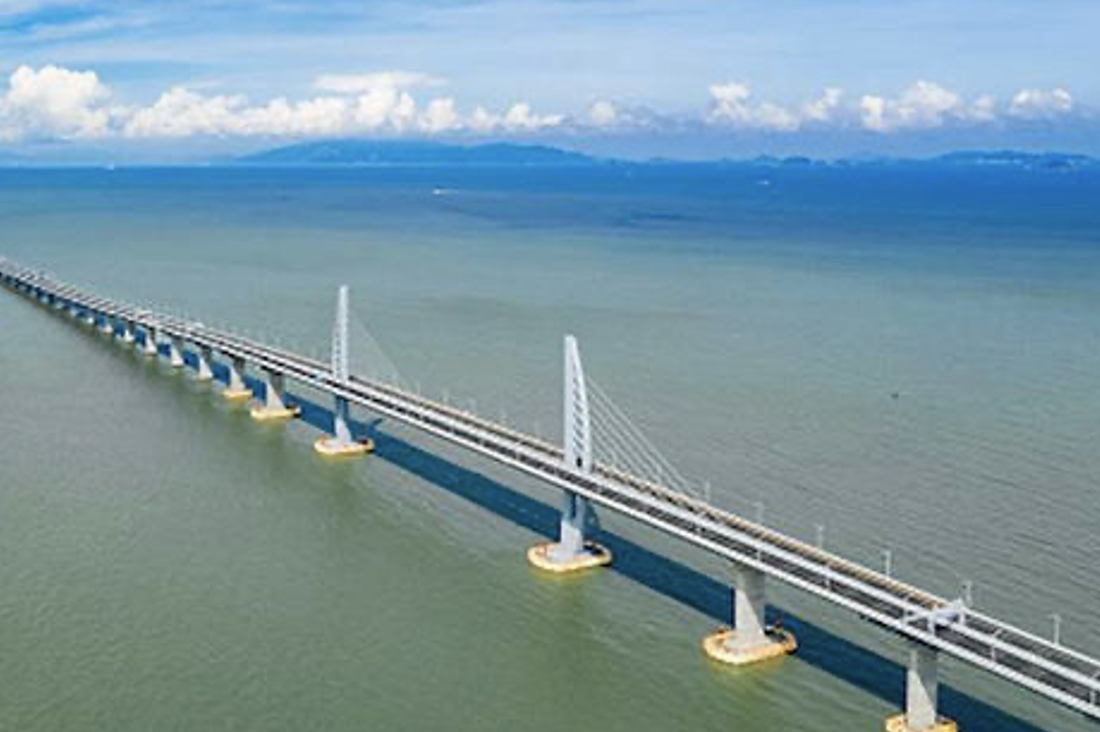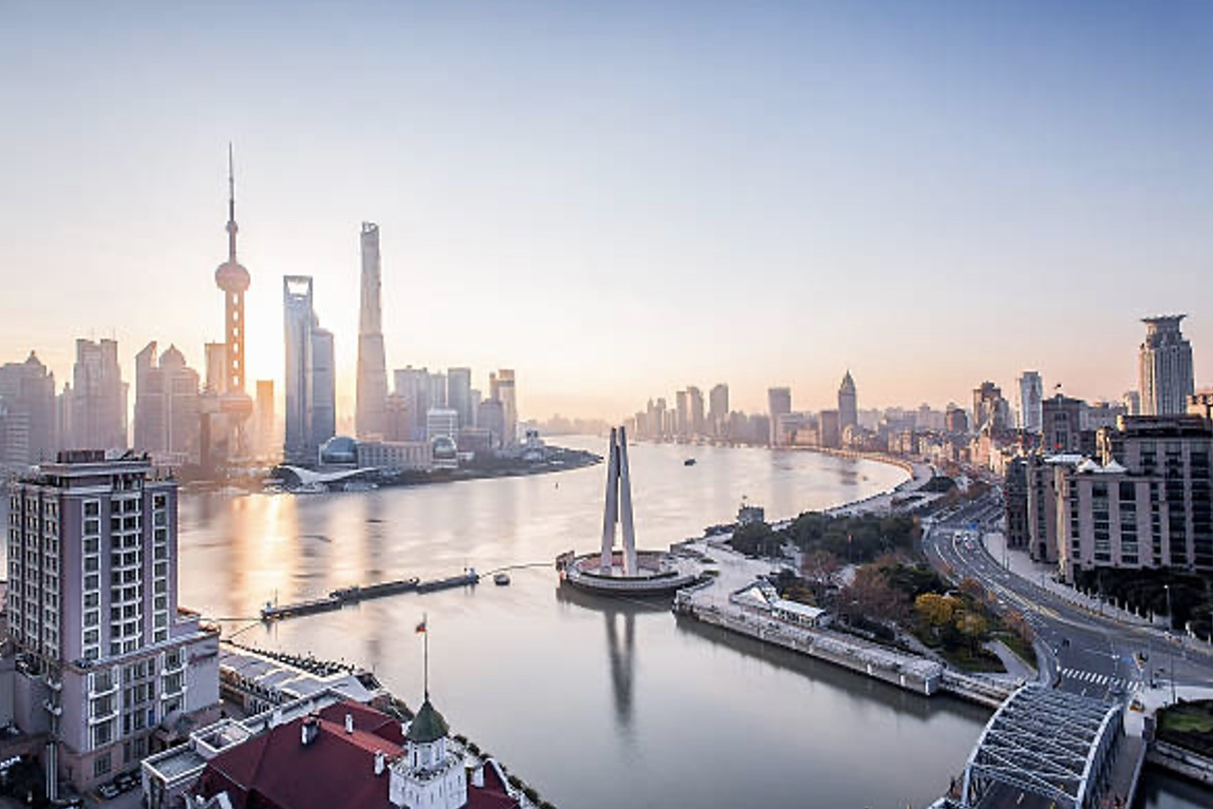
Dr Tim Summers, Assistant Professor, the Centre for China Studies, The Chinese University of Hong Kong, and an Associate Fellow on the Asia-Pacific Programme, Chatham House
Tim Summers is an Assistant Professor at the Centre for China Studies, The Chinese University of Hong Kong, and an Associate Fellow on the Asia-Pacific Programme at Chatham House. He was British Consul-General in Chongqing from 2004 to 2007. His most recent book is the acclaimed China’s Hong Kong: the politics of a global city (second edition, 2021).
Discussions of China have grown more intense in the UK: media coverage has mushroomed, and debates and questions in parliament have multiplied. China has become a key factor in foreign policy making.
But the picture of China painted in those discussions has grown more and more negative. The starkest version is the one that dominates parliamentary debates: China as an oppressive, authoritarian regime, bent on expansionary policies towards its neighbours, and with malign intent towards the UK, seeking to infiltrate British democracy and even influence its policy making.
The reality of China that I experience and study is rather different, and more positive, open and complicated. What is fast becoming the dominant picture of China in the UK presents a rather problematic characterisation of China’s identity, intentions and capabilities.
First, China’s identity. “Authoritarian” seems a convenient shorthand, but a quick look at the political science literature suggests there is more to it than that: get into the details and China’s “authoritarianism” is variously qualified as consultative, deliberative, decentralised, fragmented, participatory, and more. Meanwhile market forces and private capital play key roles in its economy, with the state as regulator. Chinese society is vibrant and dynamic, with plenty of global connections. Before Covid-19 struck, its citizens were making well over 100 million overseas trips a year, and returning. Students who study overseas usually decide to go back to China to pursue the best opportunities for personal and career development.
This is not intended to be a panglossian picture. The party does have leading roles throughout national and local institutions. Yet China is lively, dynamic and open, a much more positive and complex reality than that reflected in many of the recent China discussions in the UK. For all the talk by some of the leading protagonists in those discussions about engaging with the Chinese people, there seems to be little effort made to explore or understand their lived experiences.
The second question is around China’s intentions, or more particularly the intentions of the party and government leadership, especially towards the UK. Other countries’ intentions are always difficult to assess. But China’s policy towards the UK over a number of years suggests a desire to work together in economic, financial and technological areas, and a willingness to cooperate on global governance challenges such as climate change. The preference is for good and friendly relations between two countries which have different things to offer and plenty of space to benefit from mutual engagement.
To be sure, the Chinese government does not want criticism of its domestic policies from the UK, whether in relation to Hong Kong, Xinjiang, or other issues. Indeed, it is making it increasingly clear that it will not accept attacks or what is seen in Beijing as malicious criticism, and its diplomats will defend their record robustly.
A third issue is around Chinese capabilities. Here, there is something of a contradiction in current British discussions. On the one hand, many of those calling for a more hawkish approach to China talk as if Beijing’s tentacles can and do extend into the corners of British political life. On the other hand, this picture of omnipotence is contradicted by the arguments that there is a looming crisis in China, or we have reached “peak China” (ie the height of its capabilities) beyond which its power and influence is set to decline, perhaps calamitously.
Evaluating China’s capabilities is a particularly challenging endeavour. There are no broadly-accepted definitions of national power, and Chinese academics themselves have come up with a range of differing evaluations of its “comprehensive national power” (one of the numerous issues on which there is lively debate).
While China’s global power and influence has been growing rapidly in relative terms, in military terms it remains a long way behind the US globally, though the gap has probably closed more significantly in China’s neighbourhood. Likewise, China’s economic weight has ballooned, and it is now the biggest trading partner for many countries in the developing world. But, as the squeeze on Huawei over the last few years showed, breaking into the “commanding heights” of the global economy or reducing vulnerability to Western control of core technologies is another matter.
There is therefore a way to go before China can “buy the world”, or even the UK. Nonetheless, the growth and scale of its market, the innovative and entrepreneurial approach of many of its businesses, and its growing middle class are all exactly what the British government says it wants to engage in a post-Brexit world. Many European and global businesses are actively pursuing these opportunities for growth and development. Navigating these complex trends requires a careful and open debate, not simplistic generalisations.
What does all this mean for policy making? In spite of the noise and political pressure in Westminster, the British government has so far tried to develop policy based on a more nuanced understanding of China and an appraisal of the complex and intertwined nature of the opportunities and challenges presented in dealing with China. But it is under growing pressure to dilute efforts at cooperation or seeking opportunity from China in favour of separation or even hostility. That misreads the reality of China and does little to help the U.K. deal with the challenges of a world going through a period of flux and change.
Link to longer paper: https://www.researchgate.net/publication/341732404_Why_the_UK_needs_to_work_with_China_policy_working_paper/stats




